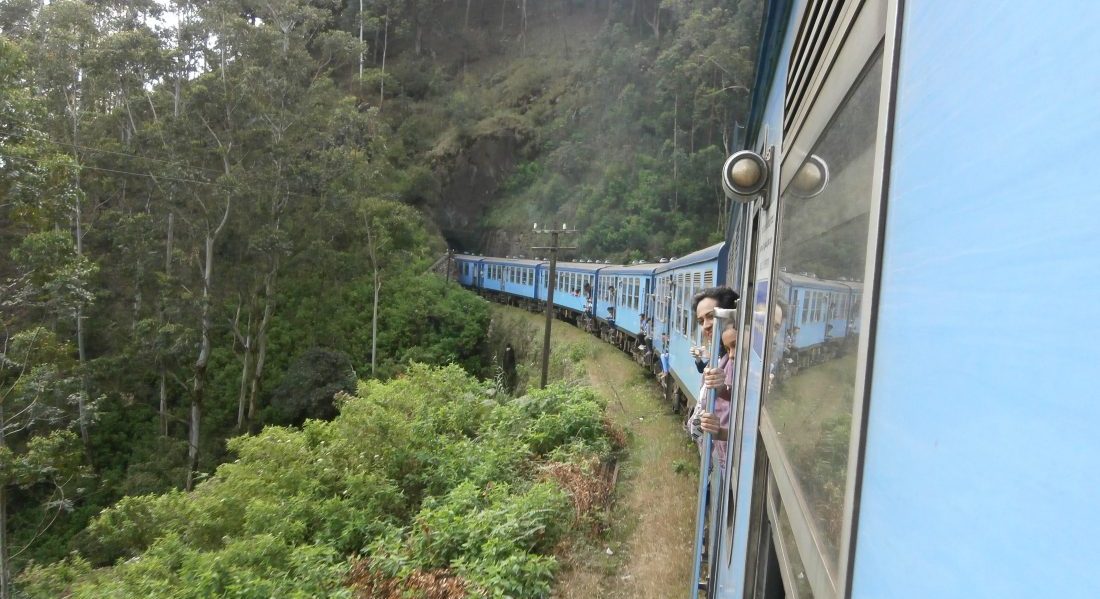
Safety and security is something that should always be in the back of every travellers mind, especially when travelling to countries that have a reputation of being unsafe. I regularly travel with my children to these types of places and have a few rules that I employ that reduce the risks but still leave us being able to fully explore.
Below are some of the tips that I recently used to plan a trip to South Africa:
Research Do your research on the safety concerns of your destination. The Smart Traveller website is a good place to start https://smartraveller.gov.au/resources/Pages/travel-advice-explained.aspx. Each country is designated an Advice Level, with lots of great safety tips that are destination specific. You can also register your trip which you should do regardless of the destination (ie earthquakes in New Zealand / a Tsunami in Japan).
Travel Insurance Don’t leave home without it!! Take out insurance with a reputable insurer, and read the PDS (especially if you have a pre-existing condition, are travelling to altitude or plan on snow skiing).
On Arrival Depending on your destination, you have often been travelling for a long time and are jet-lagged and exhausted. In higher-risk, unfamiliar countries I like to organise an airport transfer rather than trying to negotiate transport or taxis on arrival. I tend to stay at a nearby hotel for the first night to have a good sleep, and start my trip feeling refreshed.
Transport It is often safer to organise a local driver or use a tour company. Road rules are often different or appear non-existent! If you chose to hire a vehicle, make sure you have the appropriate license – especially on motorbikes. Your insurance will often be void if you don’t hold a motorbike license– in the case of an accident you will be left high and dry in an often sub-standard hospital. The RAC does International Drivers Licenses for about $30.
Local Laws These can often be very different to home, especially in relation to drugs, women rights and cultural expectation. Research before you arrive and behave accordingly. Know where the nearest Australian Embassy/Consulate is.
Crime Crime is often opportunistic, so reduce your risk by being sensible. Use money cards, rather than carry a lot of cash. Use a money belt or cross-shoulder bag. Be wary at isolated ATMs. Know what parts of town are high risk and avoid, or use a local guide. Avoid wandering around in isolated areas at night especially. Don’t leave your valuable belongings lying around in sight. Once again SmartTraveller can often pin-point destination specific problems.
Every traveller has a different level of risk they are willing take, and every destination has a different safely and security profile. Being informed and sensible is the key to a safe and enjoyable holiday.
Travel Safe!
Nadia (clinic nurse)